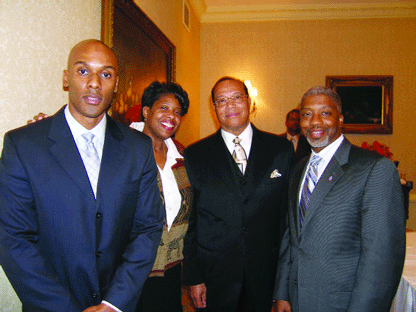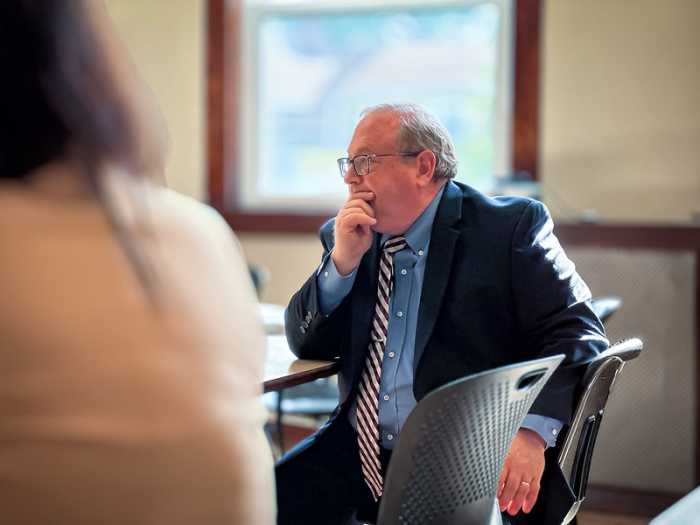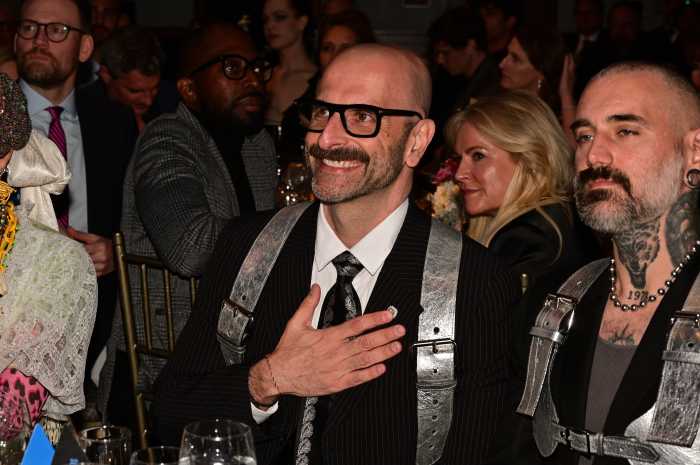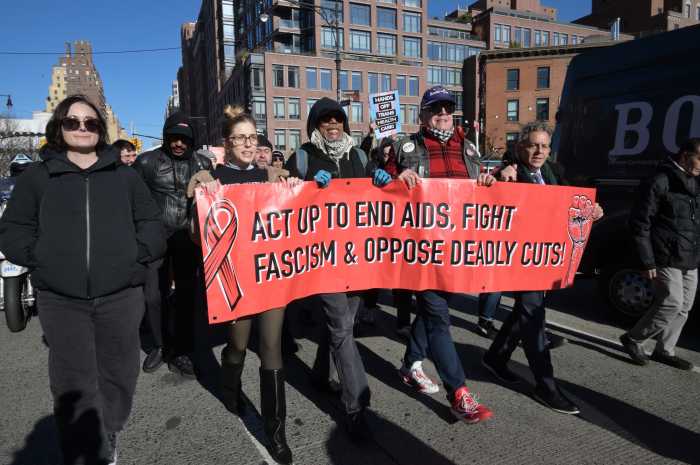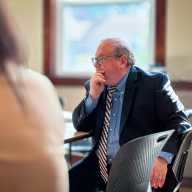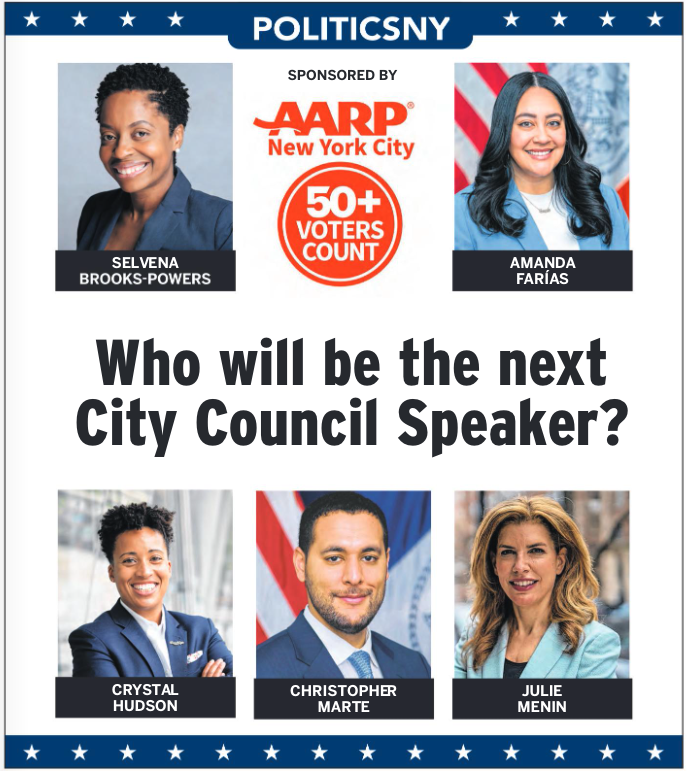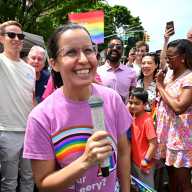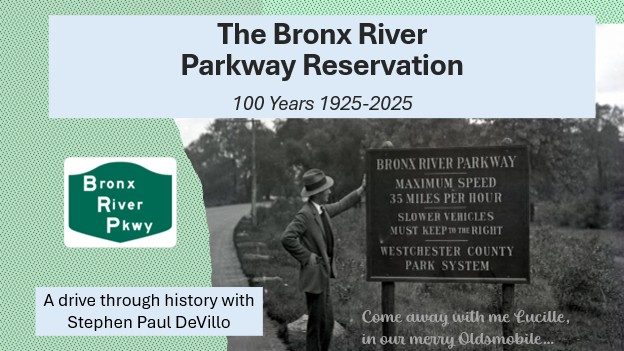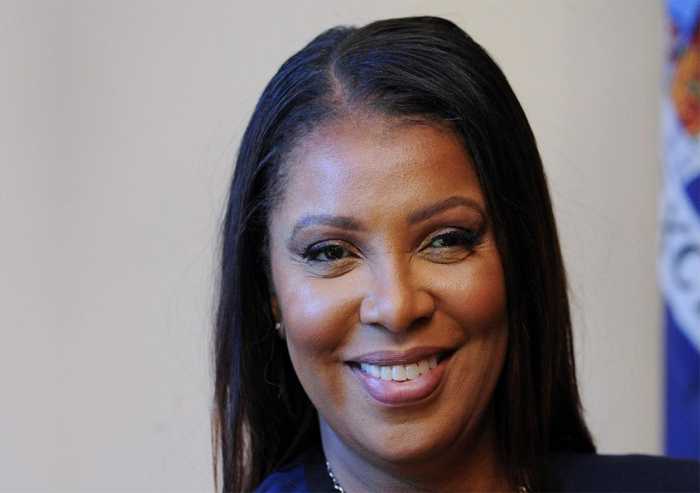Louis Farrakhan OKed speech by Keith Boykin, but D.C. minister stepped in at last minute
On Wednesday, October 12, the religious leaders responsible for staging this past weekend’s Million More March in Washington—led by Nation of Islam leader Minister Louis Farrakhan—said a gay man could speak at the event. On Saturday, that speaker was turned away.
At the Wednesday meeting, Farrakhan and Rev Willie Wilson, a D.C. African-American minister responsible for overseeing Saturday’s event, invited Keith Boykin—a prominent African-American leader who is board president of the National Black Justice Coalition and who served on the White House staff under President Bill Clinton—to speak at the massive rally. Donna Payne, the Coalition’s vice president who works at the Human Rights Campaign, said that on Saturday morning when she went to the rally stage, she was told Boykin would not be allowed to speak, and then was asked to leave the VIP area.
The Coalition, the only national organization representing the concerns of the African American queer community, had been negotiating since February for a role in the Million More March marking the tenth anniversary of the Million Man March, which was the largest public gathering in Washington in decades.
The crucial difference between the two events was that the anniversary march on Saturday was for intended to include everyone—women and children, as well as men. In February, at the annual State of the Black Union gathering convened by public television and radio host Tavis Smiley, Farrakhan said that the Washington gathering was open to gay and lesbian participation. Boykin seized that moment to introduce himself and the Coalition to Farrakhan. A series of meeting followed in which Boykin and others presented concerns shared by many in the lesbian, gay, bisexual, and transgender African-American community.
But a July 3 sermon by Wilson, who served as the anniversary march’s executive director, complicated matters considerably. The talk was laced with bizarre, homophobic notions. Complaining that his high school aged son could not find a prom dates because all of his female classmates are lesbians, Wilson preached that because African-American women make more money than men, lesbianism runs rampant. Boykin was particularly incensed by Wilson’s demeaning remarks about gay male sexuality: “That thing ain’t got no feeling in it. It ain’t natural. Any time somebody got to slap some grease on your behind, and stick something in you, it’s something wrong with that. Your butt ain’t made for that.”
The sermon clouded negotiations over speaking arrangements at the Million More March, but it also had significant resonance in terms of the original mission of the National Black Justice Coalition. The group grew up shortly after the November 2003 same-sex marriage ruling by the Massachusetts Supreme Judicial Court.
In the immediate wake of the Massachusetts ruling, it became clear that Republicans would use the bitter controversy over marriage equality to drive a wedge between the black community and the Democratic Party, a previously solid alignment going back generations. Many black ministers oppose gay marriage, and the Republicans made use of high profile African-American leaders to heighten the community’s suspicions of the Democrats in the hopes they will either vote for the G.O.P., or perhaps more likely, simply stay at home. It is no coincidence that on the day former President Clinton was healthy enough to begin campaigning with Senator John Kerry last fall, he doubled up a rally in Center City Philadelphia with a conference call between the Democrat’s campaign and hundreds of black ministers.
Wilson’s sermon, in this context, was a direct challenge to the Coalition. At the August summit in Brooklyn held by the Black Gay Research Group, Boykin said, “I am convinced that religion is the biggest barrier to black LGBT acceptance of ourselves. We must first give our people the tools to deconstruct the religious barriers in their own lives.”
In September, Boykin and another NBJC colleague, the writer and commentator Jasmyne Cannick, stepped up the response to Wilson and other African-American ministers who have spoken out against gay rights. In a series of 10 profiles, half posted on each of their Web sites, Boykin and Cannick questioned whether any of their opponents might in fact be gay and in the closet.
“Our experience has shown that the people who are the most homophobic also tend to be dealing with their own issues about their sexuality,” Boykin and Cannick wrote in singling out the 10 ministers, including Wilson. “People who are comfortable with their sexuality usually don’t care as much about other people’s sexuality. Which leads us to an obvious question.”
All of this was prelude to the Wednesday meeting last week with Farrakan in charge, and his wife and adult children in attendance, the goal being a final determination about a gay speaker at the Saturday march. Wilson became very angry during the meeting, claiming he had received “hate mail” since his July sermon, recalled Payne, who was there with Boykin and H. Alexander Robinson, the Coalition’s executive director. Wilson held up a copy of “The Joy of Gay Sex,” which he said had been sent to his church to embarrass him.
“Farrakhan shook his head and said, ‘I don’t think they did that,’” in reference to the group from NBJC, Payne recalled.
Wilson persisted in blaming the Coalition for his problems, Payne said, and asserted that the group doesn’t “know what was going on in the community.” He next held out a bottle of sleeping pills and a thong that had candy stuck to it, that he claimed is worn by young women so another female can bite the candy off in what he insisted is an initiation rite into lesbianism.
Yet, when he was through airing his grievances, Payne recalled, it was Wilson who suggested that Boykin be allowed to speak.
By Saturday, that offer had been rescinded and Boykin and his Coalition colleagues departed for a nearby LGBT rally that the group had already planned in connection with the Million More March. At that rally, Boykin gave the speech he intended to deliver at the main event, extending an olive branch to African-American leaders including Wilson.
From Payne’s perspective, “I believe Farrakhan was not the problem. Wilson had problems.”
gaycitynews.com

